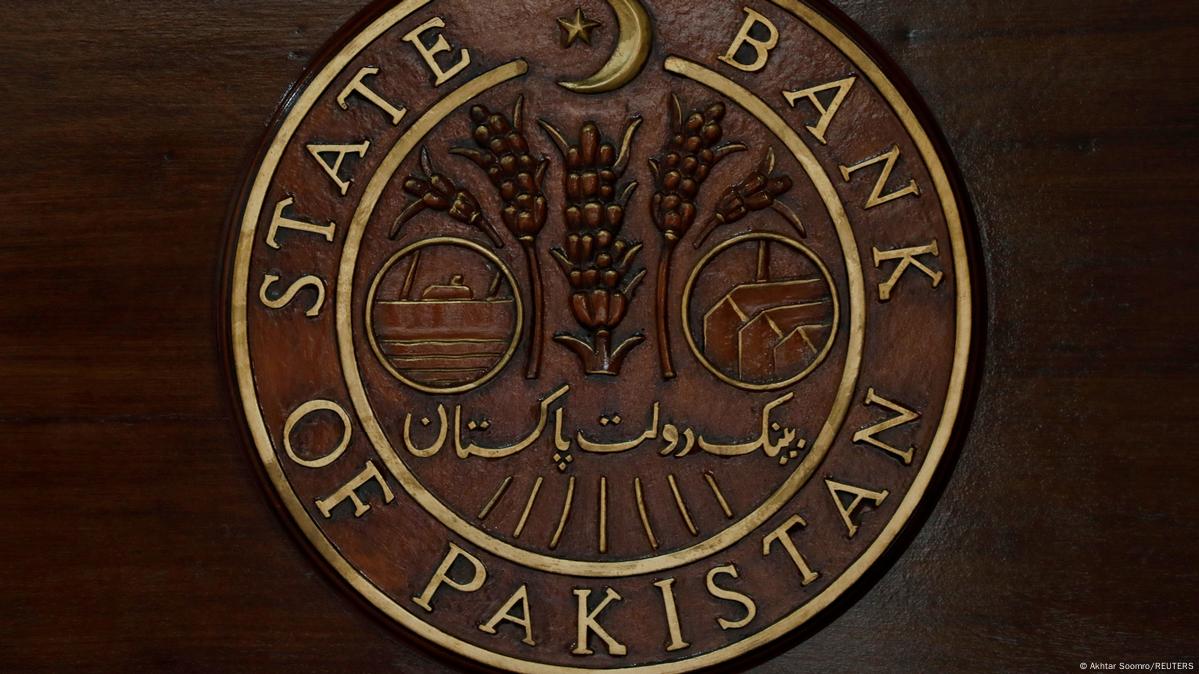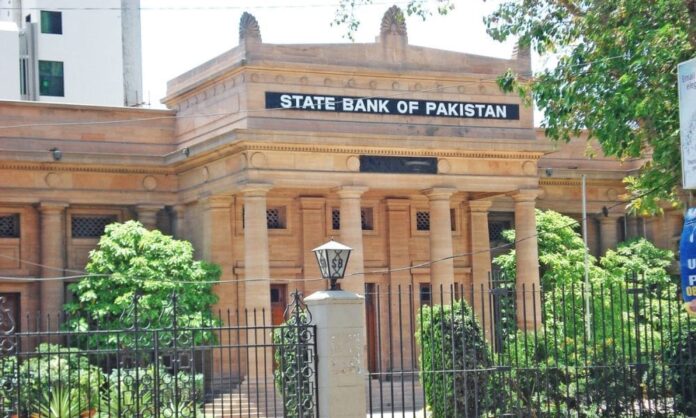
Pakistan’s total debt composition reveals a growing reliance on domestic borrowing, with the State Bank of Pakistan reporting a marginal reduction in external debt and liabilities to $130.31 billion by the end of the third quarter of fiscal year 2025, a 0.47% quarter-on-quarter drop and 0.61% year-on-year decrease, signaling complex tax implications for businesses. Our tax law firm urges clients to ensure Federal Board of Revenue compliance as this debt shift unfolds.
External debt, down $611 million from the prior quarter and $805 million from Q3 FY24, includes $99.23 billion in public external debt (76.15%), with the government’s external debt rising to $79.13 billion (up 1.28% quarter-on-quarter) and long-term debt at $78.18 billion (up 1.51% quarter-on-quarter but down 0.56% year-on-year). Short-term external debt surged to $949 million (up 198% year-on-year), while International Monetary Fund debt stood at $8.27 billion, and foreign exchange liabilities hit $11.82 billion (up 0.97% quarter-on-quarter). Public sector enterprises owe $7.59 billion, banks $5.67 billion, and private sector debt is $11.83 billion, with intercompany debt at $5.99 billion. Meanwhile, domestic debt soared to Rs73.69 trillion (up 12.71% year-on-year and 0.89% month-on-month), driven by fiscal deficits, with long-term debt at Rs43.59 trillion (up 25.09% year-on-year) and Pakistan Investment Bonds at Rs33.62 trillion (up 28.48% year-on-year). Market Treasury Bills fell to Rs7.76 trillion (down 7.68% year-on-year), and Naya Pakistan Certificates dropped to Rs62.67 billion (down 33.23% year-on-year).
From a tax law perspective, increased domestic borrowing may raise withholding tax at 15% on bond interest under Section 6 of the Income Tax Ordinance, requiring investors to ensure compliance. Businesses face sales tax adjustments at 17% under the Sales Tax Act, 1990, with input tax credits under Section 8B needing reconciliation amid external debt shifts. Federal Board of Revenue audits could target capital gains under Section 37, as liquidity pressures grow. Web context from Profit by Pakistan Today highlights fiscal strain, while posts on X express concern over IMF dependency, suggesting tax volatility risks.
Critically, the narrative of “marginal reduction” in external debt may mask underlying fiscal fragility—web sources note persistent deficits, and X sentiment questions reform effectiveness, potentially increasing audit scrutiny. Clients must stay proactive.
Our firm advises clients to monitor debt impacts, ensure withholding tax compliance, and prepare for Federal Board of Revenue audits, navigating this evolving debt landscape.



.jpg)





.jpg)
This website has been developed with good faith to create facilities for the people.Your ID Password and access to our website is for a specific period or temporary, it may be suspended at any time without telling any reason.Your ID Password or access does not create any your rights or liability onto owner of the website.
Office # 3-6, Ground Floor Idrees Chamber ,Talpur Road Karachi
info@taxhelplines.com.pk
+ 92 314-4062161
021-32462161
+ 92 305-2561915